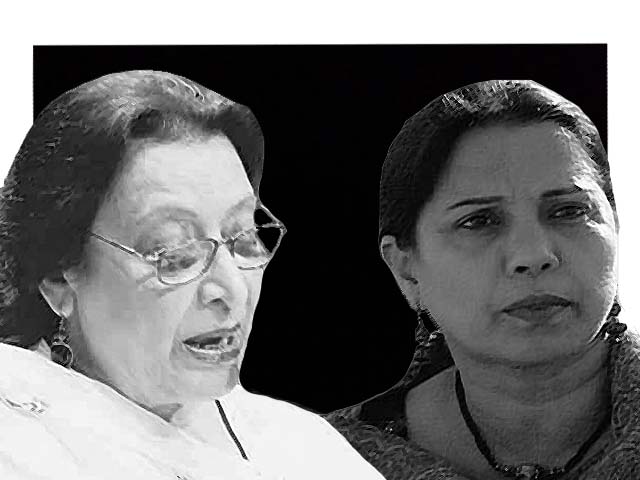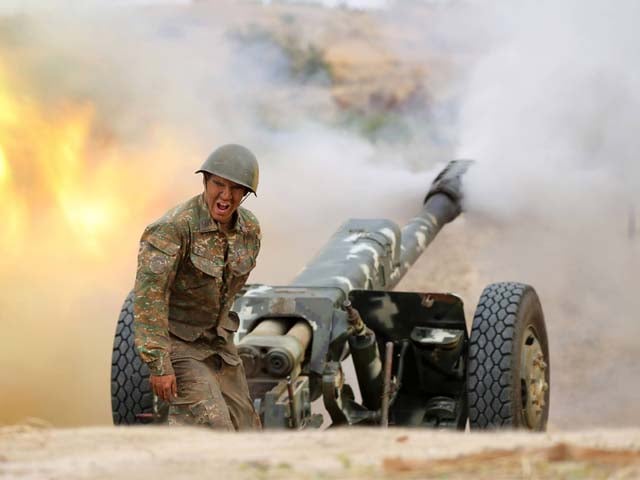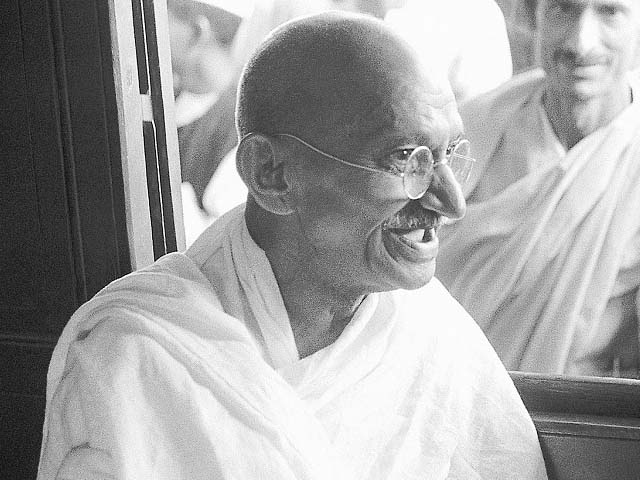
How Fahmida Riaz and Ishrat Afreen’s writing evokes the tragedy of Karbala
Ashura is one of the most sacred dates on the Islamic calendar. It marks the day when Husain (R.A.), son of Ali (R.A.), grandson of Prophet Muhammad (PBUH) was martyred in the Battle of Karbala. The event, though a staple of Islamic history, has not failed to move and impress followers of other faiths, Hindus, Jews and Christians among them. Likewise, the corpus of Urdu literature is rich with commemorations of Karbala and odes to its martyrs.
For Ashura this year, I have chosen to translate two brief but contrasting poems by two of the leading feminist poets of our time, Fahmida Riaz and Ishrat Afreen. Riaz’s poem. simply titled Rozaa-e-Hazrat Zainab (The Tomb of Hazrat Zainab). begins with a description of the tomb, but then alludes to the ‘anguish’ of the tragedy of Karbala, also referring to Yazid as the ‘prehistoric savage beast’ before concluding with a scene of mourning. It is not clear whether the tomb referred to here is the tomb of Syeda Zainab (R.A.) in Damascus or the one in Cairo; both are claimed to be the burial places of Bibi Zainab (R.A.), the unquestionable heroine of Karbala.
However, the reference to ‘the fire they are raining upon its beams’, the ‘sky is reddening’ and ‘people have begun weeping’ could also be taken as references to the two horrific bombings near the Syeda Zainab mosque in Damascus in January and February of 2016, in which more than 200 people were killed. Hence the pain of the historic Karbala is masterfully juxtaposed with the pain of the present Karbala; with both ending in mourning.
~
Rozaa-e-Hazrat Zainab (The Tomb of Hazrat Zainab) by Fahmida Riaz
‘Be-karaan reg zaar-e-fana men
Guzarte chale ja rahe hen hujoom
Vaheen Bibi Zainab ka roza khada hai
Faqat ik imaarat nahin yeh
Khaak aur sang men itne nazuk, haseen bel boote bana kar
Shuaon men madgham hen jo rang in se sajaa kar
Tar-o-taaza rakhi hen baaten jo kahi theen unhon ne
Is ke minaar-o-mihraab men dard pevast hai
Is par barsa rahen hen voh aag
Aik maa-qabl-e-Tarikh vehshi darinde ki cheekhen hen
Jo goonjti reh gayi hen
Is men kya shak hai ke yeh vaar kaari pada
Aasmaan surkh hai
Log rone lage hen’
(In the boundless desert of perdition
The crowds pass by without obstruction
On that very spot the tomb of Bibi Zainab is standing
But it is not just a building
By making floral patterns, with dust and stone so beautiful and delicate
Using the colours mingling with rays to decorate
Keeping what she had said ripe and fresh
Its minarets and arches united with anguish
That fire they are raining upon its beams
A prehistoric savage beast’s screams
They are still echoing
Is there any doubt that this attack was penetrating
The sky is reddening
The people have begun weeping)
~
Afreen is one the great feminist poets of our time, a deserved successor to the likes of Riaz and Kishwar Naheed. Though she has been reciting and publishing her poems since she was fifteen, her poetry is not as well-known as Riaz and Naheed, but deserves to be. I am presenting her recent salaam, which is a type of elegy saluting Husain and his comrades for their sacrifices.
~
‘Karbala zulm ke khilaf aavaaz
Bakhuda zulm ke khilaf aavaaz.
Jabaja yeh Husain ka parcham
Jabaja zulm ke khilaf aavaaz.
Sirf munh se na kar Husain Husain
Kuch utha zulm ke khilaf aavaaz.
Chhe maheene ka be-zubaan Asghar
Ban gaya zulm ke khilaf aavaaz.
Ibtida zikr-e-aal-e-paak Rasool
Inteha zulm ke khilaf aavaaz.’
(Karbala, a voice against oppression
By God, a voice against oppression.
This flag of Husain is everywhere
The voice against oppression is everywhere.
Do not call out Husain merely for lip service
Do raise a voice against injustice.
Asghar, who cannot talk, merely aged six months
Became a voice against violence.
I began with the mention of the Prophet’s holy family
I end with raising a voice against tyranny.)




COMMENTS
Comments are moderated and generally will be posted if they are on-topic and not abusive.
For more information, please see our Comments FAQ